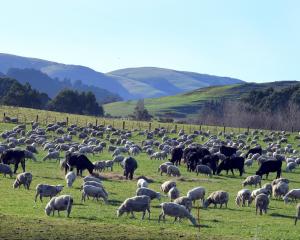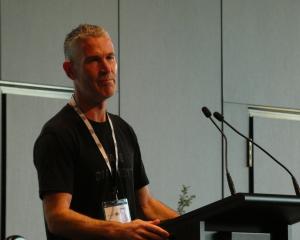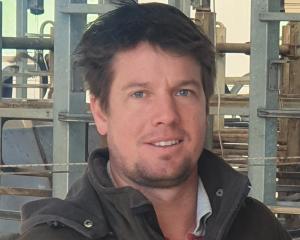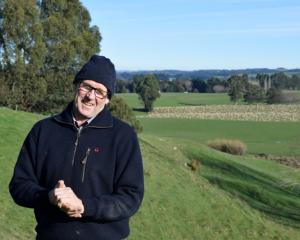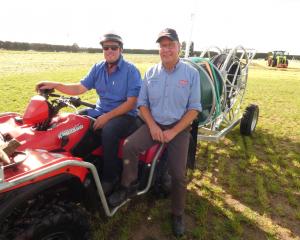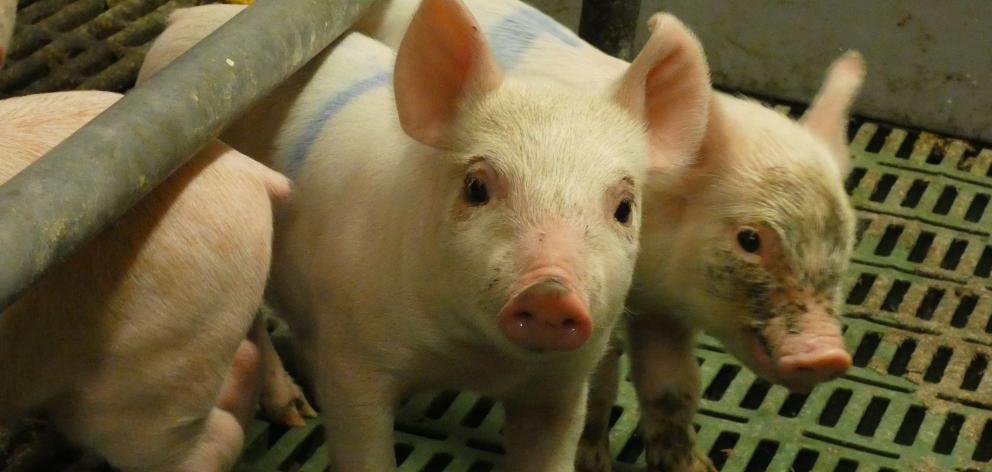
NZ Pork chief executive Brent Kleiss said the proposals unveiled by the organisation
included reducing the maximum time farrowing crates could be used from the current 33 days to no more than seven days; increasing the minimum space allowance for grower pigs; and eliminating the use of mating stalls for housing sows.
The changes would place New Zealand’s standards beyond those of the United Kingdom, European Union, United States, Canada, Australia and China, which collectively produce most of the world’s pork and supply most of the pork exported to New Zealand.
Mr Kleiss said the industry supported the need for change but the proposals released by the National Animal Welfare Advisory Committee (Nawac) in its draft code of welfare for pigs would have unintended negative animal welfare outcomes and drive many pig farmers out of business.
The committee had no expertise or understanding of pig farming, he said.
"NZ Pork has worked with our technical advisers to develop alternative proposals, which are based on a rigorous in-depth review of contemporary pig welfare science and good practice."
The NZ Pork proposals included ensuring all sows were provided with nesting material before farrowing.
To balance sow behavioural needs with piglet protection, the sows would remain in farrowing crates for up to seven days in total, rather than up to 33 days as current standards allowed, but for no more than four days after giving birth.
The minimum space allowance for growing pigs would be increased by 13%.
The pork group sought to retain an outcome-based approach to deciding when piglets should be weaned, Mr Kleiss said.
The organisation said this would better cater for the welfare needs of both sows and piglets, rather than adopting a minimum weaning age as proposed by the committee.
The alternatives to the committee’s proposals would still be costly to implement, but had the support of most commercial pig farmers.
The committee had not considered the substantial cost to industry of its own proposals, he said.
Mr Kleiss said his organisation believed the Nawac proposals were likely to cost $10,000-$20,000 per sow on a standard farrow-to-finish operation, the equivalent of more than 20 years’ profit.
"Our own industry proposals will still need Government support along with adequate time to implement change."
NZ Pork also wanted imported pork to be held to the same higher welfare standards.
"The alternatives we propose are based on sound animal welfare science and are more achievable to implement," Mr Kleiss said.
"It would provide consumers with continued access to New Zealand-born pork, raised to high welfare standards."
The changes proposed by the committee were not supported by international pig welfare science.
"They would lead to additional piglet deaths, pig farms shutting down and force New Zealanders to rely on even greater volumes of imported pork produced using practices that are illegal in New Zealand.
"We urge the Government to work with the pig-farming sector to confirm the industry-supported alternative standards and agree to an implementation plan that is achievable for pig farmers and ensure their farms remain financially viable."
NZ Pork outlined its alternatives in its submission on the proposed code of welfare for pigs and associated regulations.
Consultation on the draft code has now closed.




